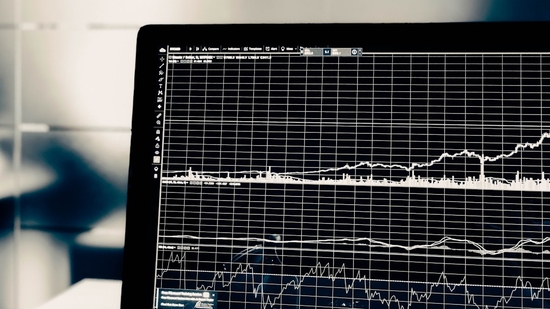The Indian share market started on a defensive note on the second day of Donald Trump’s retaliatory tariff plan becoming operational, creating a wave of uncertainty in world markets. Major indices saw early falls as investor sentiment was weakened due to fears related to increased trade tensions and how they could affect sectors such as IT, metals, and telecom.

Market Response to Tariff Implementation
On April 2, Indian markets started in the red, with Sensex and Nifty 50 both experiencing losses in early trading. This is a day after the proposed reciprocal tariff policy by former U.S. President Donald Trump went into effect, and it is looking to impose similar tariffs on countries that charge duties on American goods.
This policy change has made waves among emerging markets, and India—being a significant global exporter—has direct ramifications. The policy has particularly hit investor sentiment in export-oriented sectors such as information technology and metals.
Sectoral Performance: IT, Metals, and Telecom Were Hardest Hit
Information Technology shares witnessed high selling pressure. Since the U.S. is among the largest customers of Indian IT services, any disruption in trade can take a toll on business potential and top line growth for top tier IT players such as TCS, Infosys, and Wipro.
Metal stocks, which are highly correlated with global trade and commodity prices, also suffered the worst of the market mood. Groups such as Tata Steel, Hindalco, and JSW Steel had early losses because of concerns that tariffs will lower demand and cause damage to exports.
The telecom industry wasn’t left out either. Ongoing issues surrounding price wars and 5G infrastructure spends aside, the added global uncertainty weighed on stock prices further. Reliance Jio, Bharti Airtel, and Vodafone Idea saw small declines in morning trade.
Expert Take: Volatility Likely to Persist
Market experts predict that volatility will persist in the short term. Siddharth Menon, an equity strategist, said, “We are witnessing a response to protectionist economic policies and geopolitical tensions. Sectors related to global trade will continue to be under pressure until greater clarity emerges.”
He added further that even though the fundamentals of the market are strong, investor wariness will dominate as there is no predictability with regard to global policy shifts, particularly those among key economies such as the United States and India.
Global Cues and Investor Outlook
Asian markets too reflected similar trends, and Japan’s Nikkei and Hong Kong’s Hang Seng felt slight declines. Now global investors are anxiously waiting for the reaction from India’s finance and trade ministries and any kind of retaliatory actions from the Indian government.
In this context, experts recommend that investors follow a sector-rotation strategy, keeping more emphasis on local demand-driven sectors such as FMCG, pharma, and banking to reduce risks from the headwinds in global markets.



